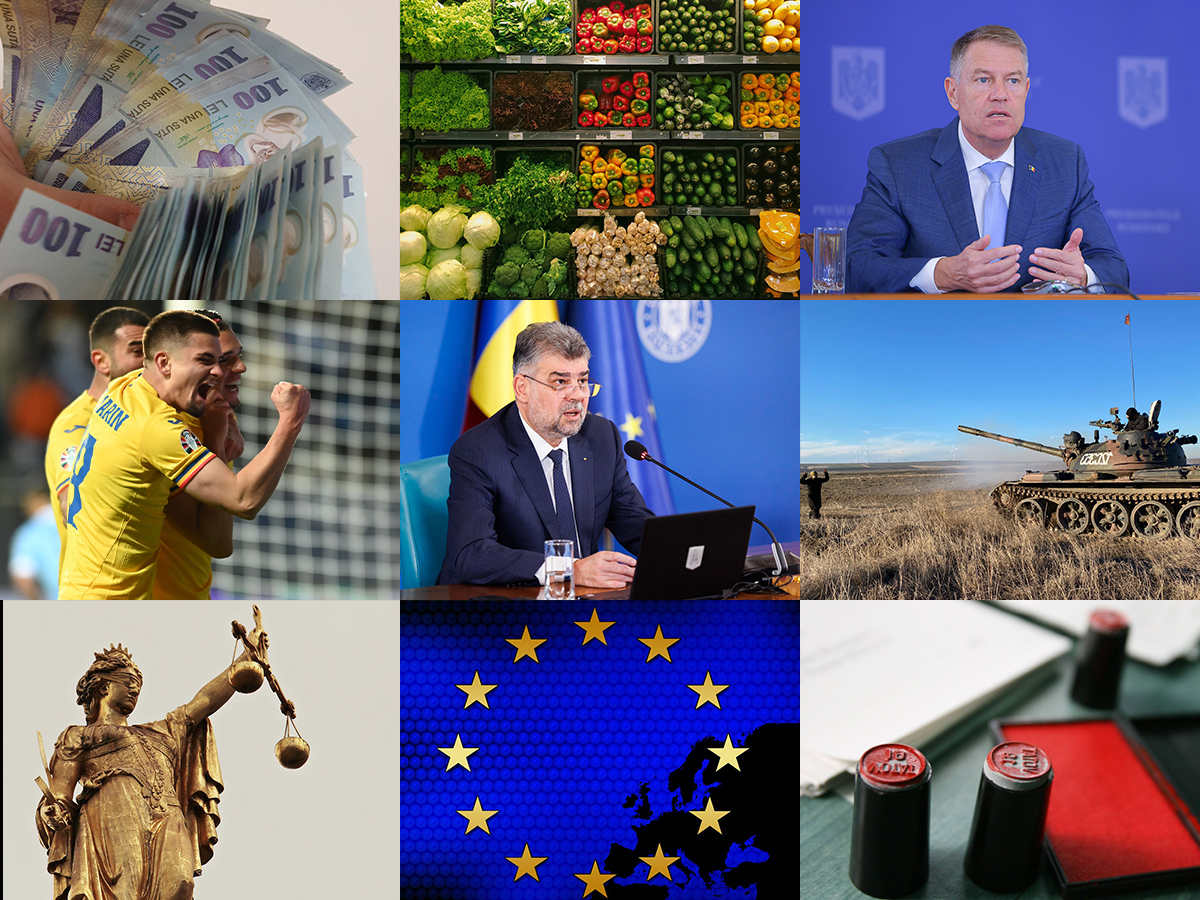The Week in Review (3-9.11.2014)
Click here for the highlights of the past week

România Internațional, 08.11.2014, 14:07
The Social Democrat prime minister Victor Ponta and the Liberal leader Klaus Iohannis face each other in the second round of presidential elections
Victor Ponta, the presidential candidate of a political alliance that brings together the Social Democratic Party, the National Union for the Progress of Romania and the Conservative Party will face off in the second round run-off on November 16th the Sibiu mayor Klaus Iohannis, who is running on behalf of the centre-right Christian Liberal Alliance. In the first round, when Romanian voters had to choose from among 14 presidential candidates, Ponta won 40.44 % and Iohannis 30.37% of the vote. Voter turnout stood at 53.17%. Ahead of the second round, Victor Ponta has already secured the support of several first-round candidates, such as the former Liberal prime minister Calin Popescu Tariceanu, two populist politicians, Corneliu Vadim Tudor and Dan Diaconescu, and the former head of the Romanian Foreign Intelligence Service, Teodor Melescanu. Klaus Iohannis will be supported by the centre-right independent presidential candidate and former justice minister Monica Macovei. The Democratic Union of Ethnic Hungarians in Romania, which forms part of the ruling coalition, has urged its supporters to vote in the second round as their conscience dictates.
Romanian nationals living abroad went to the polls in the first round of the presidential elections in large numbers
Romanian nationals living abroad went to the polls in large numbers. A record number of 161,000 people cast their ballots in the first round of the presidential elections in 294 polling stations set up abroad. In some cases, people complained they had to wait in line for hours and many did not even manage to cast their vote. To prevent a similar situation on November 16th, the Romanian foreign ministry and the Central Election Bureau have agreed on a series of measures to simplify the voting process. Thus, Romanian voters abroad can now download from the Internet the self-declaration form they are required to fill in, in order to be able to cast their vote. Voters may fill in these declarations before going to the polls, but have to sign and date them before the polling station staff. Also, the number of polling booths in the existing polling stations will be increased.
The European Commissioner for Regional Policy Corina Cretu attends the launch of the Partnership Agreement with Romania in Bucharest
The Partnership Agreement between Romania and the European Commission has been launched in Bucharest in the presence of the European Commissioner for Regional Policy Corina Cretu. The document sets down the rules for the use of European structural and investment funds over the following years and has been drafted after talks with European experts that lasted almost a year. The European Commission adopted the Partnership Agreement with Romania in August, Romania thus becoming the 11th European member state to secure the approval of this document. Between 2014 and 2020, Romania will have access to 43 billion euros worth of European funds, of which 22 billion account for cohesion funds. The money is to be used for infrastructure projects, healthcare and education, development and the modernisation of local communities, the creation of new jobs and in order to bridge development gaps between Romania and the European Union.
The National Bank of Romania has lowered its inflation rate forecast for the end of the year
The National Bank of Romania has lowered its inflation rate forecast for the end of the year from 2.2 to 1.5%. The Bank’s governor Mugur Isarescu said this is the result of a drop in oil prices, stable natural gas prices, a good crop and an increase of imports from states who no longer have trade relations with Russia. In Isarescu’s opinion, the stability of the inflation rate expected next year may generate long-term economic growth. In another move, the National Bank has again cut the monetary policy interest rate by 0.25% to 2.75% per year, as well the rates on minimum statutory reserves for liabilities in foreign currencies from 16 to 14%. On the other hand, the European Commission’s autumn forecast indicates that Romania is out of recession, as the country’s economy grew by 1% of the GDP in the third quarter compared to the previous quarter after falling for two quarters in a row. The Commission has also revised Romania’s economic growth forecast for 2014 down from 2.5% to 2%. Private consumption and net exports were the main drivers of growth, while investments continued to contribute negatively.
Only one Romanian football side still has chances in the Europa League
Romania’s football champions Steaua Bucharest drew 2-all away against Rio Ave of Portugal in a Europa League Group J game. With 7 points, Steaua now rank second in their group after Dinamo Kiev, who defeated the Danish side Aalborg at home 2-nil. In group D, the Romanian side Astra Giurgiu drew 1-all at home against the Scottish side Celtic Glasgow and thus lost any chances of qualifying to the next stage in the competition. In Astra’s group, Red Bull Salzburg defeated the Croatian side Dinamo Zagreb to secure qualification to the next stage.




























